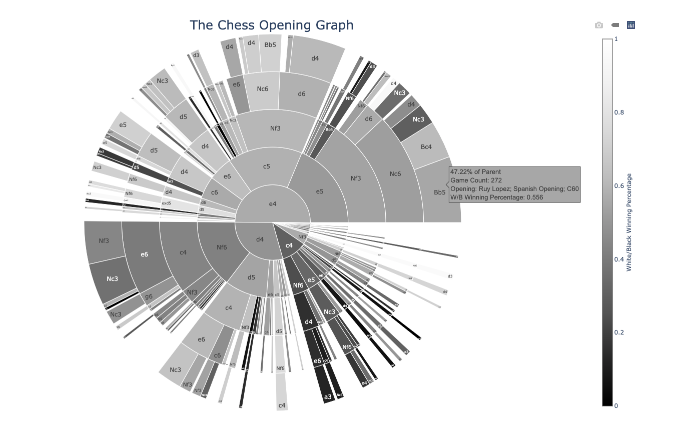Looking for a Good Visualization Tool
I am looking for a good tool to use for visualization of the game tree and for exploration of variations during correspondence games.
The tool would need to graphically show the tree of explored variations as intuitively as possible and have some means for managing the complexity of the tree when it starts getting too large to display (perhaps, for example, the ability to collapse (but not delete) branches).
The tool should support annotation. Missing this feature would not be a complete deal breaker if the visualization is exceptionally good, but it is pretty important.
Another nice-to-have would be for the tool to have the ability to recognize transpositions and to somehow visually link them to prevent analyzing the same position a second time.
Features not Needed
- The tool need not have an engine (as use of an engine constitutes cheating). If it does have an engine, it must be possible to disable the engine.
- The tool need not have a database of games to draw ideas from
Tools I've Tried
The chess.com analysis board shows variations as a linear textual sequence of moves with sub-variations embedded inline in parentheses. After exploring more than a couple of sub-variations, I find it gets too complicated to keep track of things.
lichess.org is somewhat better but can still be difficult to follow.
Recommendations Requested
Are there any particular tools that are recommended for visualization of the game tree and for exploration of variations?
More generally, apart from tools, what techniques have people found useful for mentally managing the complexity of a chess game tree and not getting lost in all the variations?


